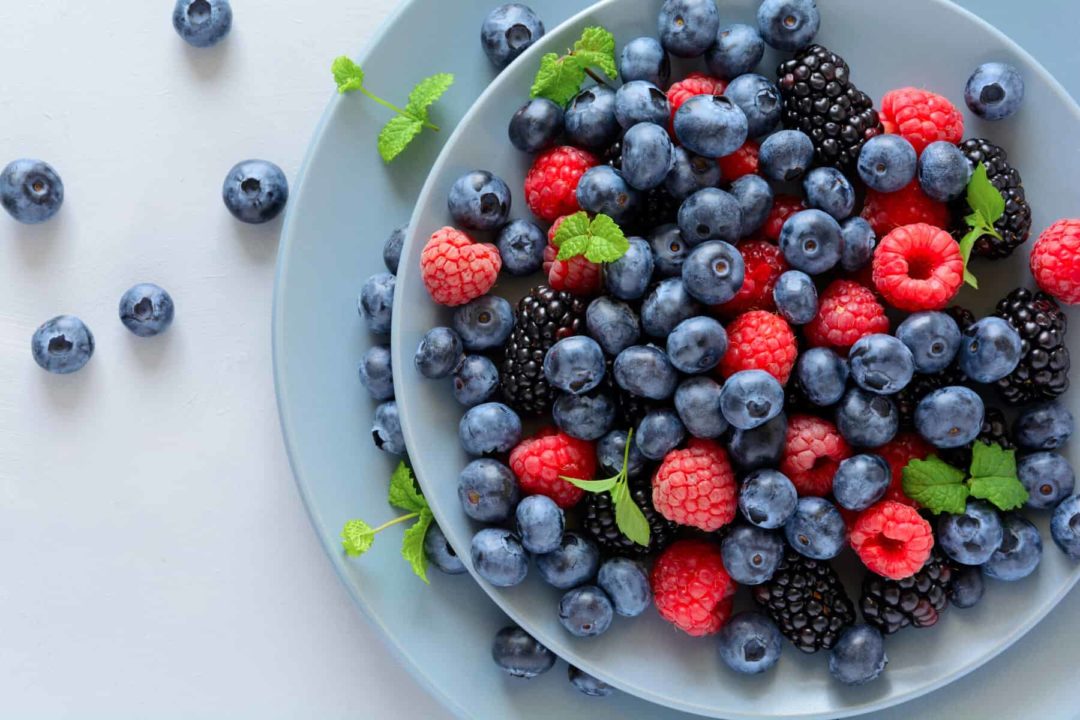"Our gut microbiome plays a key role in metabolizing flavonoids to enhance their cardioprotective effects, and this study provides evidence to suggest these blood pressure-lowering effects are achievable with simple changes to the daily diet," said lead investigator of the study Aedín Cassidy, Ph.D., chair and professor in nutrition and preventive medicine at the Institute for Global Food Security at Queen's University in Belfast, Northern Ireland.
A press release on the study explains that flavonoids are compounds found in fruits, vegetables, and plant-based foods and beverages. Once ingested, flavonoids are broken down by the gut microbiome. Recent studies have found a link between gut microbiota and cardiovascular disease (CVD), and there are reported differences in gut microbial compositions among people with and without CVD. There is also research suggesting that flavonoids may reduce heart disease risk. The study in question was intended to investigate the link between flavonoids, blood pressure, and microbiome diversity, and to investigate how much variance within the gut microbiome could explain the association between intake of flavonoid-rich foods and blood pressure.
The study included a group of 904 adults from Northern Germany between the ages of 25 and 82, 57% of whom were men. Participants self-reported their food intake using a questionnaire that requested the frequency and quantity eaten of 112 foods. Flavonoid values were assigned to foods according to USDA data on flavonoid content in food.
Gut microbiome was assessed by fecal bacterial DNA extracted from stool samples.
Blood pressure levels were measured three times in three-minute intervals after an initial five-minute rest period, following an overnight fast.
Researchers also collected lifestyle information including sex, age, smoking status, medication use, and physical activity, as well as family history of coronary artery disease, the number of daily calories and fiber consumed, and height and weight.
Related: Flavonoid Intake Linked with Cognitive Health Low Flavonoid Intake Correlates with Alzheimer’s, Long-Term Study Finds Omega-3 Index, Smoking Equal Predictors of CVD
The analysis found:- Study participants who had the highest intake of flavonoid-rich foods, including berries, red wine, apples and pears, had lower systolic blood pressure levels, as well as greater diversity in their gut microbiome than the participants who consumed the lowest levels of flavonoid-rich foods.
- Up to 15.2% of the association between flavonoid-rich foods and systolic blood pressure could be explained by the diversity found in participants' gut microbiome.
- Eating 1.6 servings of berries per day (one serving equals 80 grams, or 1 cup) was associated with an average reduction in systolic blood pressure levels of 4.1 mm Hg, and about 12% of the association was explained by gut microbiome factors.
- Drinking 2.8 glasses (125 ml of wine per glass) of red wine a week was associated with an average of 3.7 mm Hg lower systolic blood pressure level, of which 15% could be explained by the gut microbiome.
The authors noted that this is an observational study, that therefore cannot prove cause and effect. They also noted that those who do not drink, shouldn’t start, and those who do drink should discuss risks and benefits of consuming alcohol in moderation with a doctor.









